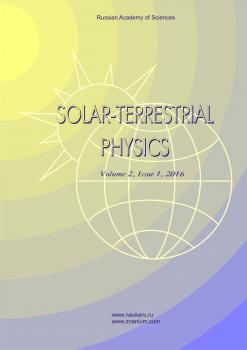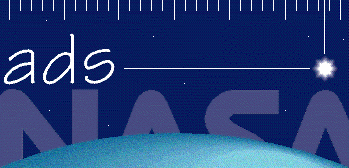Иркутск, Россия
Иркутск, Россия
Иркутск, Россия
This article explores the possibility of improving the accuracy of positioning in single-frequency satellite radio navigation equipment through the use of an empirical model of the total electronic content GEMTEC. The effectiveness of this model is compared with that of the Klobuchar model, which is recommended for the GPS interface control document. We conducted testing at our observation points, using data from the international network of IGS stations in the GPS system. The use of the international network allowed us to select a long period of time for the testing from 2001 to 2017. As a result, it was shown that the GEMTEC model significantly reduces the average positioning errors as compared to the Klobuchar model. We also demonstrate the possibility of introducing the GEMTEC model and its full-featured use in single-frequency home-class receivers, for example, in the Russian receiver MNP-M7.
GPS, single-frequency receiver, ionosphere models
1. Bilitza D. International Reference Ionosphere 1990. Lanham, 1990, 156 p.
2. Dudeney J.R. An improved model of the variation of electron concentration with height in the ionosphere. J. Atmos. Terr. Phys. 1978, vol. 40, no. 2, pp. 195-203. DOI:https://doi.org/10.1016/0021-9169(78)90024-7.
3. Interface Control Document, ICD GLONASS CDMA General Description. Edition 1.0. Russian Space Systems. Moscow, 2016, 119 p.
4. Interface Control Document, IS-GPS-200J. 2018, 224 p.
5. Ivanov V.B., Gefan G.D., Gorbachev O.A. Global empirical modelling of the total electron content of the ionosphere for satellite radio navigation systems. J. Atmos. Solar-Terr. Phys. 2011, vol. 73, pp. 1703-1707. DOI:https://doi.org/10.1016/j.jastp.2011.03.010.
6. Ivanov V.B., Gorbachev O.A., Kholmogorov A.A. Comparative quality analysis of models of total electron content in the ionosphere. Geomagnetism and Aeronomy. 2016, vol. 56, no. 3, pp. 318-322. DOI:https://doi.org/10.1134/S0016793216030075.
7. Jakowski N., Hoque M.M., Mayer C. A new global TEC model for estimating transionospheric radio wave propagation errors. J. Geodesy. 2011, vol. 85, no. 12, pp. 965-974. DOI:https://doi.org/10.1007/s00190-011-0455-1.
8. Jolliffe I.T. Principal Component Analysis. New York, Springer-Verlag, 2002, 488 p. DOI:https://doi.org/10.1007/b98835.
9. Klobuchar J.A. Design and characteristics of the GPS ionospheric time-delay algoritm for single-frequency users. Proc. PLANS’86. Las Vegas, 1986, pp. 286-286.
10. Klobuchar J.A. Ionospheric time-delay algorithm for single-frequency GPS users. IEEE Transactions on Aerospace and Electronic Systems. 1987, vol. 23, no. 3, pp. 325-331. DOI:https://doi.org/10.1109/TAES.1987.310829.
11. Tolman B., Harris R.B. The GPS Toolkit. Linux J. p. 72.
12. Tong Bi, Jiachun An, Jian Yang, Shulun Liu. A modified Klobuchar model for single-frequency GNSS users over the Polar region. Adv. Space Res. 2017, vol. 59, no. 3, pp. 833-842. DOI:https://doi.org/10.1016/j.asr.2016.10.029.

















